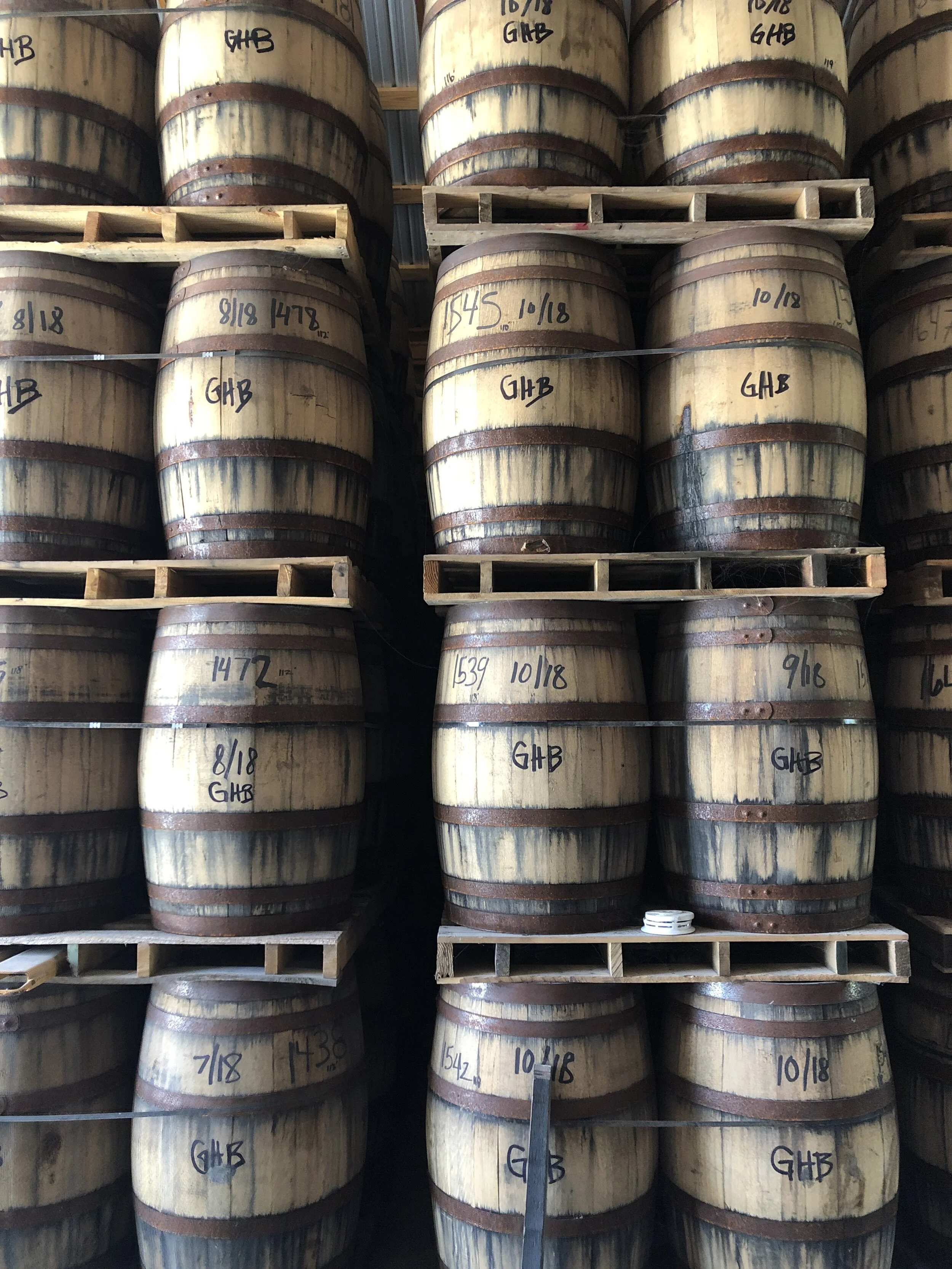Barton Springs Mill acts as a grain hub, connecting bakers, brewers, distillers and chefs directly with locally grown grains. It’s this direct connection that was lost as the network of small mills disappeared as our food became industrialized over the last century.
Read MoreDavid and Cat got into the kitchen to make a traditional rye bread using heritage rye flour from Barton Springs Mill along with the bakery’s signature oatmeal loaf, which incorporates oatmeal for moisture and a chewy texture.
Read More“Grown in sandy loam, Rouge de Bordeaux tastes like beige,” says James Brown. “Moved to Kameron Koepp’s heavy clay soil, this terroir-dependant varietal offers exuberant notes of cinnamon, molasses, and baking spices.”
Read MoreIn the brewery’s kitchen, Barton Springs’ flour is used in pretzels, pizzas, breads and cookies and many of the ingredients used throughout the menu are grown on the Jester King Brewery farm, which includes a trail so visitors can explore (and meet the goats!).
Read MoreAt Sour Duck Market in Austin, the bakers use just about every product James offers in their array of baked goods, lending deep flavor and whole-grain nutrition to everything they bake.
Read MoreBarton Springs Mill runs a hammer mill three days a week — these hammer-milled grains go to local distilleries and breweries, like Treaty Oak Distilling.
Read MoreThis toothsome cornbread has a rich corn flavor. It is neither too smooth nor too sweet, more a classic hearty Southern take.
Read MoreThese rolls from Abby Love of L'Oven Bakery & Community will have the family fighting over the extras at Thanksgiving, so you'd just as well double the recipe if you want to keep the peace.
Read MoreBarton Springs Mill uses the Rouge de Bordeaux flour in this recipe, as its hints of cinnamon and spice bring a warm richness to this already stellar cake.
Read More








